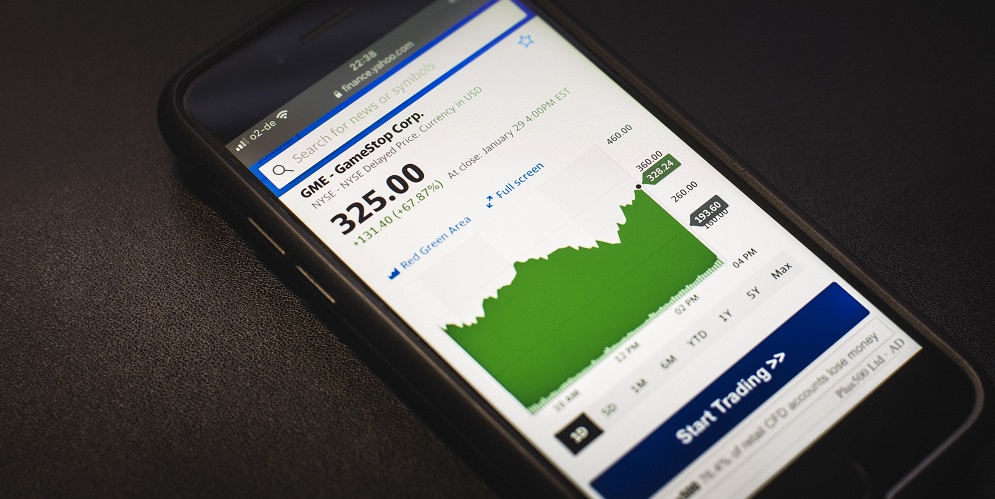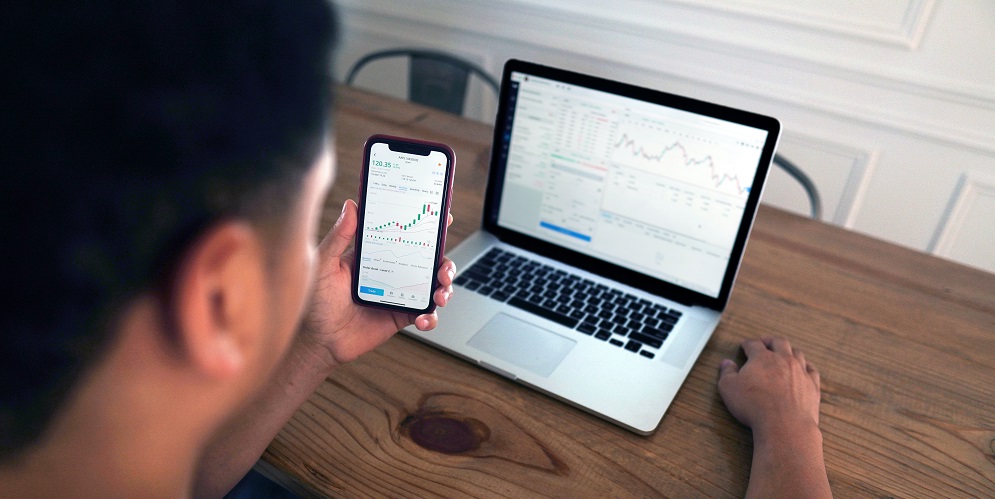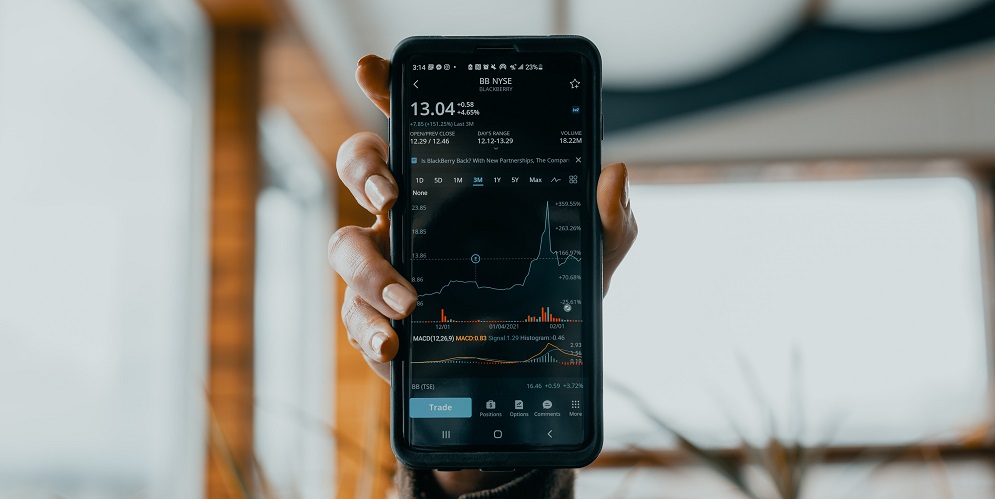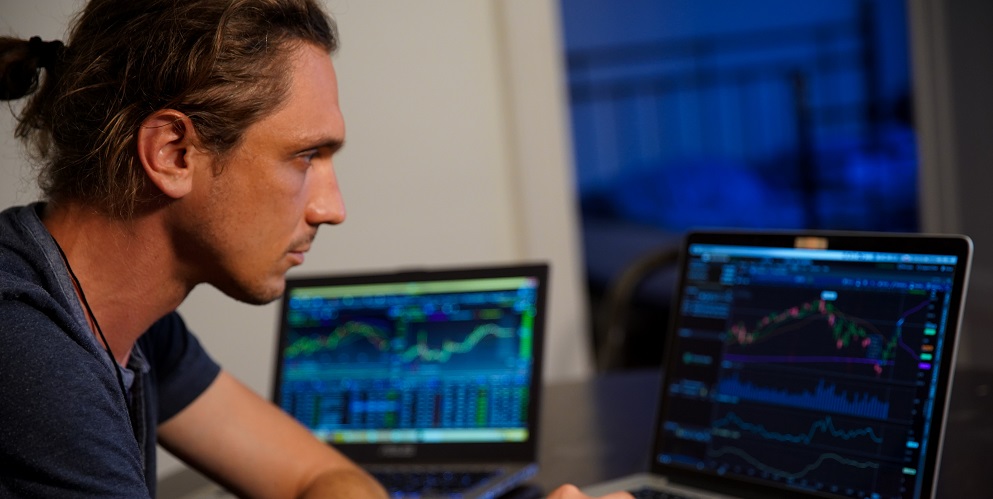What’s the Deal With GameStop Stock and Should You Invest?

GameStop is a video game seller that mainly offers its products in physical stores. The problem is that many teens and adults buy digital video guys online these days. Unsurprisingly, GameStop’s profits, and the price of its stocks, were going down.
What Happened to GameStop Stocks?
Near the middle of January 2021, something changed. Stock prices for GameStop and a few other underestimated stocks skyrocketed upward. Back in September 2020, the market price for a share of GameStop hovered around $8.00. As of February 1, 2021, it was sitting at a whopping $316.56. That’s an increase of over 1,700%!

Why Did GameStop’s Stocks Surge in Price?
The massive price increase of GameStop stocks isn’t because of some major change in business operations or promising corporate strategy. It was caused by artificial price manipulation. A large group of private investors got together on Reddit’s r/WallStreetBets thread and agreed to purchase a bunch of stock and drive up the prices. The Reddit group was banking on making money from selling these inflated stocks back to a specific group of investors: hedge fund managers.
It worked. Hedge funds have already lost billions of dollars, while a small group of GameStop stock retail investors have become millionaires practically overnight. The reason why has to do with something hedge fund investors do called short selling.
[insert page='Offer' display='content']
What Is Short Selling?
Short selling involves borrowing stock from a lender and selling it at the current market value. The short seller knows they will have to buy the stock back again in a specific amount of time to return it to the lender, but they’re counting on the price dropping.
For example, let’s say that Hedge Fund A borrowed 1,000,000 shares of GameStop stock in June 2020 and sold them for $10 a share, or $10 million. The hedge fund is convinced GameStop shares are going to lose value. It plans on buying back the stock for $6 a share, or a total of $6 million. That would give the hedge fund a profit of $4 million!
When the price of GameStop stock started going up instead of down, these hedge funds were forced to buy back their stock for tens or hundreds of times the original cost. This is called a short squeeze.

Why Does the Robinhood App's Decision To Block Buying GameStop Shares Look Suspicious?
Many of the private investors buying GameStop stock are everyday people like us. They used a "free" investment app called Robinhood to complete the purchases. The thing is, many of Robinhood’s clients are hedge funds, the same ones losing billions of dollars because of what happened with GameStop. So, when Robinhood suddenly announced that it was blocking purchases of GameStop shares, preventing the price from going up higher, it looked really suspicious.
Was Robinhood influencing the market to protect its billion-dollar clients at the cost of smaller investors? No one knows for sure, but lawmakers want answers. Major brokers were still allowed to trade shares on the app, benefiting from profits while regular users were blocked.

Why Should You Be Careful With GameStop Stock?
If you’re planning on buying into the GameStop hype, you should be careful. First, the price increase doesn’t represent the company’s actual value. It’s not caused by good business practices, but instead by artificial market manipulation. Buying high and hoping for the stock to go higher isn’t realistic right now. The best advice I can give you is to invest in companies that you really believe in, not try to make money gambling on risky market tricks.

